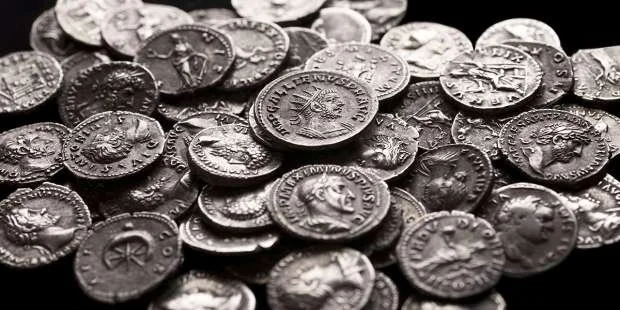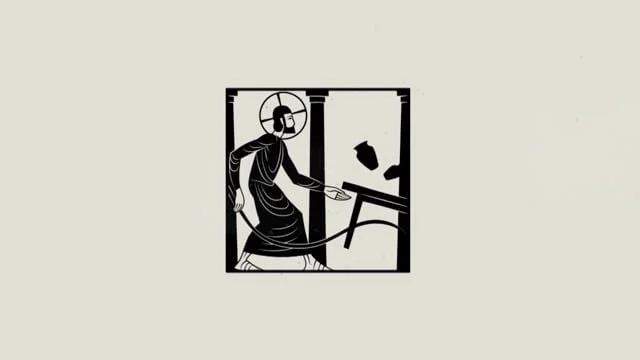Prayer: Ask the Lord to show you how to be more like Christ as you read today’s passage.
Reading: Matthew 26:17-75 and Zechariah 13:7
Growing up I attended a traditional church that had a Maundy Thursday service before Easter. It was always a memorable time of reverent worship and contemplation. The quiet weight and physical darkness of the service leading into Good Friday has stuck with me over the years, and I was reminded of those somber Thursday night services as I read and prayed about what to share from today’s scriptures. In these crucial last hours of Christ’s life, we can learn how Jesus and His disciples chose to battle at ground zero of the invisible war that was being waged. Let’s look at the warnings given, the preparations made, the weapons used, and the outcomes realized in this battle.
The Warnings. As any good leader does, Christ in his perfect love and wisdom reveals to His disciples what is about to transpire so that they will be prepared for battle. First, He gives a clear warning of the betrayal that is to come. He then goes on to warn of His coming death when He quotes our passage from Zechariah and says, “For it is written, ‘I will strike the shepherd, and the sheep of the flock will be scattered.’”Lastly Peter is told that he will deny his Lord three times. These warnings were to help His followers to be as prepared as possible for what was to come.
The Preparations. A good leader doesn’t just give warnings to his followers, but he also walks alongside them to lay preparations for battle. Jesus does this by having the disciples gather to begin the Passover meal, and in a beautiful and moving moment of unity He says a blessing as they break bread, and drink wine to exemplify the New Covenant He would soon be battling to establish. To finish their preparations, Christ leads them in worship by singing a hymn before finally moving to their battlefield at Gethsemane.
The Weapons. In this time of unimaginable anxiety, and dread, Jesus chooses to fight this battle to the cross with the weapon of prayer. With full knowledge of the coming horrors of physical pain and death, crushing betrayal and abandonment, and the emptiness of His Father turning His face away, Jesus fights this war lying on His face communing with God. This is in stark contrast to what we see just a few moments later when Peter attempts to fight the battle with a sword under his own strength.
The Outcomes. Despite all the preparations, warnings, and examples, we see the disciples sleep through battles, wield ineffective weapons, and rely on their own strength. Ultimately this ends with the disciples fleeing the scene and Peter denying his Lord three times. Contrast this against the perfect example of victory in our Lord Jesus. He fought His battle with prayer and was victorious in obeying his Father’s will. He did not succumb to any temptations to flee, to sleep, to deny who He was to his enemies, to call upon legions of angels to save him, or to execute justice with a sword in His own strength.
Jesus won the greatest battle against sin and death by yielding to His Father’s perfect will and trusting in His perfect plan through prayerful obedience. We must look to Christ’s example daily as we fight against our own sinful desires, and the powers of darkness that surround us in a fallen world.
Reflection Questions:
What battles are you currently fighting in your spiritual life?
How are you doing with being prepared for battle (i.e. community and accountability with fellow believers, communal and personal worship, prayer, time in The Word)?
Can you think of a time in your life when you fought like Peter? Like Christ? What was the outcome?




